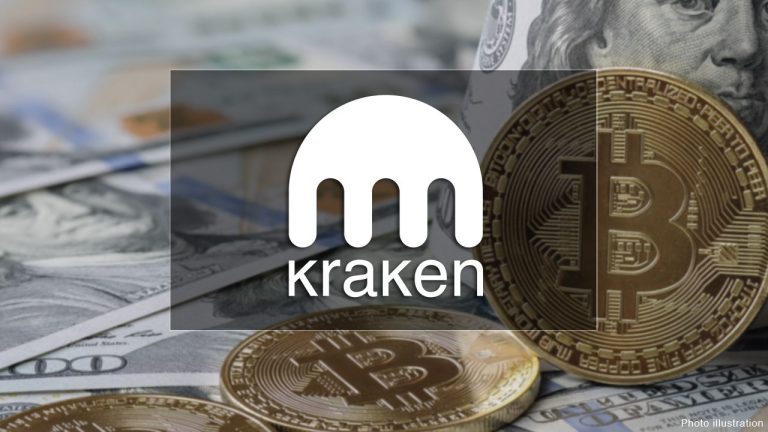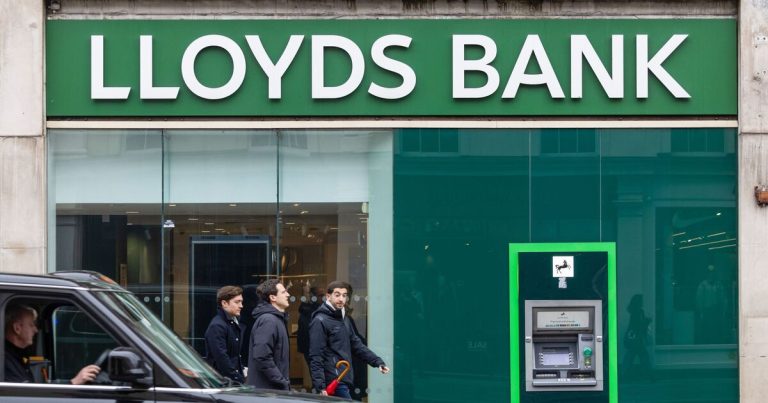
The Treasury is set to collect a record windfall of more than £8billion this year from levies imposed on car, home, and pet insurance.
The huge windfall comes from the Insurance Premium Tax (IPT) which is little known or understood by most consumers.
More than four-fifths of British households pay the levies, which are expected to top £8billion making it more significant than the £6.8billion raised in inheritance tax.
Yet some 67 percent of people admit that they either have little or no knowledge of IPT which, for example, adds £67 to the cost of the average price paid for motor insurance.
The rate of IPT has been frozen since June 2017, when it rose from 10 percent to 12 percent. However, soaring insurance premiums mean the Government’s tax take has also surged, according to the Association of British Insurers.
For example, the average car insurance premium rose 34 percent to a record high of £627 in the final three months of last year. At the same time, the average home insurance premium rose 13 percent to £341.
EY predicts that car insurance premiums will rise a further 10 percent this year and home insurance premiums by a punishing 16 percent.
In forecasts published alongside the Spring budget, the Office for Budget Responsibility forecast that insurance premium tax receipts would rise to £8.7billion a year by 2027-28.
Insurers have blamed the much higher cost of servicing claims for the rise in premiums, including more expensive parts and building materials, the higher costs of energy and labour and more extreme weather leading to more home insurance claims.
Direct Line, one of Britain’s largest insurers, last week reported a £189.5million operating loss last year, with a negative net insurance margin of 8 percent.
The company increased car insurance premiums last year from an average of £445 in the second quarter to £537 by the end of the year.








